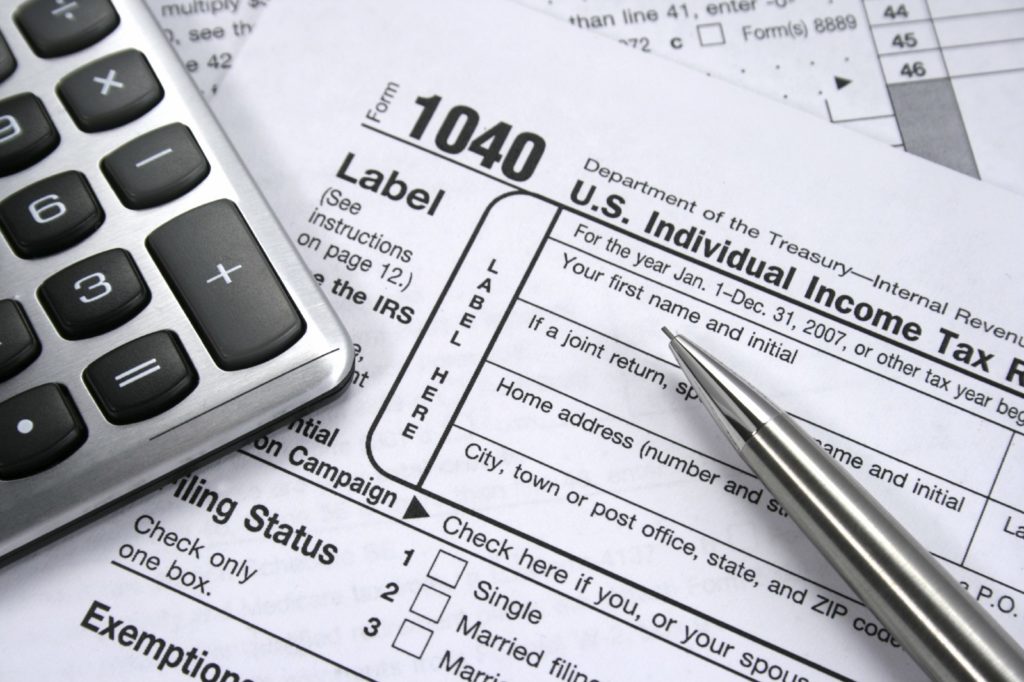South Korea finalizes a 20% income tax generated from crypto trading as the government announced which we are reading more in the upcoming cryptocurrency news.
The government of South Korea finalizes the 20% tax rate from crypto trading after the Tax Development review committee meeting on July 22 when the Ministry of Economy and Finance published the reviewed tax code and creating the new rules. In the section “Taxation on Virtual Asset Transaction Income” the ministry showed the new rules with a note of both personal and foreign corporations’ virtual assets making them nontaxable.
The government states that introducing taxation for virtual assets is much-needed points to the approach taken by the countries where crypto assets are already taxed under similar regulations for income from stocks and derivatives trading. Under the new framework, the gains are made from virtual currencies and assets which will be classified as taxable income, calculated per year. The income from virtual assets below $2.5 million per year goes under the minimum threshold and will not be taxed.
Above the minimum threshold, the rate is set at 20% on par with the basic tax rate for most of the other taxable income and capital gains in South Korea. The rules provide guidance for calculating income that is derived from crypto trading which could be reported and paid per year. Non-residents and foreign corporations which trade on South Korea exchanges will be taxed under the new rules, Korean exchanges will also be responsible for deducing the tax from the transaction gains paying to the customs office.
The National Assembly will receive the revised tax code for approval before September 3 and the new rules if they get approval by parliament which will come into force on October 1, 2021. As per the previous reports, South Korea’s government spent a few months reviewing the updated tax regime to respond to the trading of crypto assets. The discussions in the private sector showed that the capital gains taxes of 20% will be established for crypto gains. Lawmakers discussed classifying the assets as goods where the transactions are made for the goal of sale:
“Until now, virtual assets have been recognized only as a function of currency and have not been subject to income tax, but recently, virtual assets (like Bitcoin) are increasingly being traded as goods with property value.”
DC Forecasts is a leader in many crypto news categories, striving for the highest journalistic standards and abiding by a strict set of editorial policies. If you are interested to offer your expertise or contribute to our news website, feel free to contact us at [email protected]

























Discussion about this post